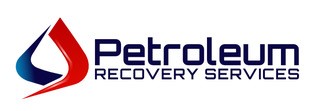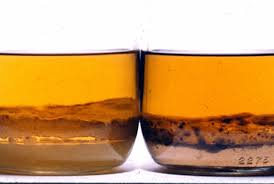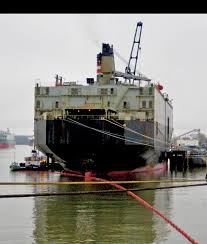Fuel Forem
Articles, Insight and Information
"We keep moving forward, opening new doors, and doing new things, because we're curious and curiosity keeps leading us down new paths."
Walt Disney
AGING UNDERGROUND STORAGE TANKS – IS 25 THE NEW 30?
For seasoned veterans of the fuel industry, 2019 might begin to feel like 1989 all over again.
The reason for the déja vu? Like they did circa 1989, underground storage tank (UST) replacements and closures will likely surge in the next five to 10 years. This is a welcome trend for tank and equipment manufacturers, contractors and distributors. But the underlying reason behind the increase in UST activity will provoke some tough choices for many UST owners. Here’s what UST operators need to know to prepare for those choices.
Fuel Storage Basics
STORED DIESEL FUEL CHALLENGES
Using good quality diesel fuel is essential for providing reliable, optimum engine performance. Fuel quality problems are typically the direct result of poor fuel storage practices. Modern refining processes, due to EPA regulations, are leaving today's distillate fuel more unstable and susceptible to contamination. Studies have concluded that #2 ULSD diesel can degrade in storage by 26% in the first month, and if there's water present, it can degrade by 95%. With the tighter engine tolerances required of engine manufacturers, the focus on stored diesel fuel management is more critical than ever.
USCG Mobil Marine Over-Water Transfers
Petroleum Recovery Services is Coast Guard approved as a mobile transfer facility to perform over-water transfers of waste products from ship to shore. PRS can transfer everything listed below and more:
- Diesel Fuel Removal for tank inspection, filtered and put back into fuel tanks
- Waste Oil
- Bilge Water Slops Removal
- Tank Cleaning and Bilge Cleaning Wash Water
- Fuel Transfers
- Petroleum Contact Water
- Slops oil/water Removal
- Gray Water



